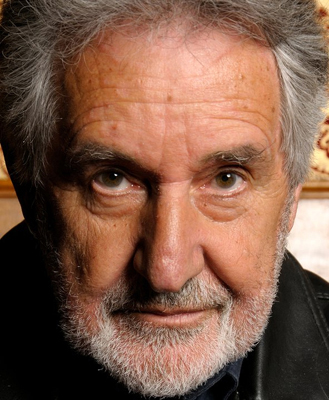|
 |
|
Breyten Breytenbach
Photo: Supplied
22 February 2013 |
The Department Philosophy is hosting a public lecture and panel discussion with the poet Breyten Breytenbach on poetry and philosophy on Wednesday 27 February 2013. Breytenbach will read from work that has never before been heard in public. Members of the public will also be able to ask him questions. The discussion will be in Afrikaans, with simultaneous interpretation to English and Sesotho. Entrance is free.
- Wednesday 27 February 2013
- 15:00
- Odeion
Enquiries can be directed to Johann Rossouw at rossouwjh@ufs.ac.za
Short Breyten Breytenbach biography:
Breyten Breytenbach was born in 1939 on the banks of the Breede River in the Little Karoo. He studied at the Michaelis School of Fine Arts at the University of Cape Town and left South Africa in 1959. His exile was confirmed after the Sharpeville massacre and his marriage to Yolande Ngo Thi Hoang Lien of Vietnamese origin, which brought him into conflict with the Mixed Marriages Act and the Immorality Act.
In 1964 he began publishing poetry, as well as prose. Since the early sixties of the previous century, he started exhibiting in various European art galleries. In 1975 he clandestinely returned to South Africa where he spent seven-and-a-half years of a nine-year sentence for terrorism in South African prisons. He lectured at various universities in both South Africa and the United States. He helped establish the Centre for Creative Arts at the University of KwaZulu-Natal in Durban, and was co-founder of the Gorée Institute in Dakar, Senegal, where he is still involved. He works from Catalonia, Paris and Gorée.